.webp)
Published on
March 18, 2025
What is Customer Due Diligence (CDD): Importance, Types and Checklist
In this story

Comply quickly with local/global regulations with 80% less setup time
.svg)
.svg)
Ever found yourself in the labyrinth of business dealings wondering how to ensure trust, transparency, and security? Enter Customer Due Diligence (CDD).
In this article, we're taking a deep look at CDD, exploring its definition, CDD requirements, and its pivotal role in the financial sector. We’re also unraveling the distinctions between Customer Due Diligence (CDD) and Enhanced Due Diligence (EDD), showcasing its various types, and illustrating its seamless integration into the Know Your Customer (KYC) process.
Key Takeaways
- What is Customer Due Diligence?
- Why is Customer Due Diligence Important?
- Why Does CDD Matter in the Real World?
- What You Need to Know About Customer Due Diligence (CDD Requirements)
- Customer Due Diligence Checklist Guide
- What are CDD Red Flags?
- What are the 3 Types of CDD?
- CDD VS KYC
- Customer Due Diligence Solutions: How FOCAL Can Help You with CDD
What is Customer Due Diligence?
Picture this: you're meeting someone new and want to know more about them. CDD is like that introduction; it's a careful process businesses use to understand their customers. It's about getting the right info to build a solid foundation for trust.
In other words, CDD is that friendly chat, but for businesses. It's a set of checks ensuring you verify your customers' identities and understand their risk profiles. Think of it as your business's way of saying, "Let's get to know each other better."
Why is Customer Due Diligence Important?
1. Trust Building: CDD is your trust-building toolkit. Digging into details ensures transparency, creating a trustworthy relationship between you and your customers.
2. Security First: In a world full of uncertainties, CDD acts as a security guard for your business. It's the frontline defense against fraud, ensuring you're in the clear.
3. Regulatory or Legal Compliance: There are rules to the game, and CDD helps you play by them. It ensures your business complies with regulations, steering clear of legal troubles.
4. Financial Integrity: CDD is the key player for banks and financial institutions. It keeps the financial world spinning smoothly by preventing illicit activities and maintaining integrity.
Why Does CDD Matter in the Real World?
1. Big Compliance Fines: You don’t want to play games with the government. AML fines have been soaring globally, hitting billions of dollars. CDD is your insurance policy against becoming a statistic.
2. Sophisticated Threats: The bad guys are getting smarter. CDD acts as your shield against sophisticated cyber threats and global criminal enterprises, ensuring you're not the next victim.
3. Reputational Risk: Your business reputation is on the line. AML incidents tarnish a business's image. CDD is your way of safeguarding your brand's integrity.
4. Rising Costs: AML compliance isn't cheap. In 2022 alone, financial services firms worldwide spent a whopping $274 billion. CDD helps you navigate this costly landscape efficiently.
5. Customer Experience: No one likes a cumbersome onboarding process. CDD ensures a smoother, faster customer experience, preventing potential customers from slipping through your fingers.
Comply quickly with local/global regulations with 80% less setup time
.svg)
.svg)
Customer Due Diligence Requirements
Below is a breakdown of customer due diligence requirements:
1. Customer Information: The Basics
To kick things off, you need to know who you're dealing with. Collecting the following information is like your business handshake – a way to ensure they are who they claim to be.
- A customer's full name
- Photo identification
- Address
- Phone number
- Occupation
- Tax identification number
2. Business Information: Delving Deeper
When dealing with companies, it gets a bit more intricate. Besides the basics, you want to understand the customer better.
- Business model
- The source of funds
- Beneficial ownership
- Registered corporate name
- Trading name
- Registration number
- Full addresses
- Principal place of business
- Contact details
3. Customer Risk Profiles
Not all customers are the same. You sort them into risk levels based on identity, location, and business type (low, medium, and high). This helps you tailor your customer due diligence process. High-risk customers get the VIP treatment – a more in-depth look.
4. Ongoing Monitoring
CDD isn't a one-time thing. Even after onboarding, keep an eye on higher-risk customers, suspicious transactions, and changing profiles.
Examples of when CDD is required
- Applying for a Loan
- Opening a Remittance Account
- Opening a Bank Account
Customer Due Diligence Checklist Guide
Ensuring a seamless customer experience while meeting compliance standards is crucial for businesses. Here's your guide to an effective Customer Due Diligence process that strikes the right balance.
1. Establishing Customer Identity
Identify your customer before diving into business relationships. It's about spotting potential issues early on.
2. Securing Information
Categorize your customer's risk level confidently. Store this info securely in a digital haven. Easy access to future regulatory checks keeps you ahead of the game.
3. Third-Party CDD Consideration
Explore third-party help for CDD processes without losing control. Ensure your chosen partner ticks the regulatory compliance boxes. It's a collaborative effort, not a handover.
4. Enhanced Due Diligence (EDD) Measures
For high-risk customers like Political Exposed Persons (PEPs) or those under economic sanctions, consider EDD. It's your deep dive, involving more scrutiny and ongoing monitoring. Uncover the layers of your customer's story.
5. Maintain CDD Records
Record-keeping isn't just a formality. It's your safety net. Keep identification documents and business records for at least five years. Quick compliance response keeps you in the clear.
What are CDD Red Flags?
1. Unusual Transaction Patterns
Keep an eye on transactions that don't fit the usual dance. If you notice sudden changes or irregularities, investigate further.
2. Incomplete or Inconsistent Information
In CDD, incomplete or conflicting details should ring a bell. Your customer story should flow, not puzzle you.
3. High-Risk Industries or Geographies
Some businesses carry more risk baggage. If your customer is venturing into high-risk territories or industries, consider it a red flare.
Let’s delve a little bit deeper into this point.
High-Risk Industries:
- Gaming and Gambling: Due to the potential for money laundering and fraud.
- Cryptocurrency and Blockchain: Rapid developments attract both innovative ventures and illicit activities.
- Precious Metals and Stones: Often associated with money laundering and smuggling.
- Real Estate: Transactions involving high-value properties can be a haven for illicit funds.
- Foreign Exchange (Forex) Trading: The fast-paced, global nature makes it susceptible to financial crimes.
High-Risk Geographies:
- Conflict Zones: Areas with political instability and conflict often face higher risks.
- Countries with Weak AML/CFT Controls: Some nations may have lax regulations, making them attractive for illicit activities.
- High-Crime Areas: Regions with a history of organized crime or corruption pose increased risks.
- Sanctioned Countries: Doing business in countries facing international sanctions can lead to legal issues.
- Tax Havens: Locations known for financial secrecy and loose regulations may raise concerns.
Read more: Your In-Depth Guide to FATF’s Grey List and Black List
4. Politically Exposed Persons (PEPs)
PEPs are individuals who hold or have held prominent public positions and their close associates. Identifying them is crucial for enhanced due diligence due to the potential risk of them being involved in corruption or using their position for financial gain. PEPs need extra attention.
Examples of PEPs:
1. Government Officials:
- Heads of State or Government
- Ministers and Deputy Ministers
- Members of Parliament or Congress
2. Judicial and Military Figures:
- Judges of high courts
- High-ranking military officers
3. Senior Executives in Government-Owned Entities:
- CEOs of state-owned companies
- Directors of government-controlled banks
4. Ambassadors and Diplomats:
- Ambassadors
- Consuls
5. Political Party Leaders:
- Leaders of major political parties
6. Family Members and Close Associates:
- Spouses and children of PEPs
- Individuals with close personal or professional relationships with PEPs
7. International Organization Officials:
- High-ranking officials in international organizations
5. Rapid Account Activity Changes
Does your customer's account act like a roller coaster? Abrupt spikes or dips in activity could mean trouble.
Read more: The Top 10 AML Red Flags: Safeguard Your Business from Crime
What are the Different Types of CDD?
When it comes to Customer Due Diligence (CDD), it's not one-size-fits-all. Below are the 4 types of CDD.
1. Simplified or Basic Due Diligence
Your foundation level and your go-to for low-risk customers. It covers the essentials, ensuring you know who you're dealing with right from the start.
- Identity verification of the customer
- Address verification
- Basic risk assessment (Confirmation of low-risk status)
- Minimal documentation requirements
- Expedited customer onboarding process
2. Standard Due Diligence
The middle ground. This gives you a solid understanding without going overboard. Ideal for most scenarios.
- Comprehensive customer identity verification
- In-depth risk assessment
- Ongoing monitoring of the customer's transactions
- Documenting and maintaining customer information
3. Enhanced Due Diligence
Perfect for high-risk situations, adding an extra layer of scrutiny for a thorough investigation.
- Thorough background checks on the customer
- Detailed risk profiling
- Verification of the source of funds or wealth
- Ongoing and intensified monitoring of high-risk customers
- Additional documentation and information gathering
CDD VS KYC
The table below helps you distinguish between Customer Due Diligence (CDD) and Know Your Customer (KYC) to ensure you're on the right track.
Read more: The Power of e-KYC in Enhancing AML Compliance in the MENA Region
5 Things FOCAL Can Help You with in CDD
In a world where compliance is non-negotiable, FOCAL platform steps up to empower you to stay compliant, secure, and ahead. FOCAL is the solution to customer due diligence challenges and can empower the following:
1. Streamlined CDD Process
2. Automated Customer Verification
3. Risk Profiling Made Easy
4. Enhanced Compliance
5. Real-time and on-going Monitoring
Read more: 5 Core Benefits of Automation for Financial Institutions & Compliance
Conclusion
In this article, we’ve explored what CDD is, its importance and purpose, spotted red flags along with CDD challenges and compared it with KYC. Finally, we introduced FOCAL, the smart tech that simplifies your AML processes.
Comply quickly with local/global regulations with 80% less setup time
.svg)
.svg)
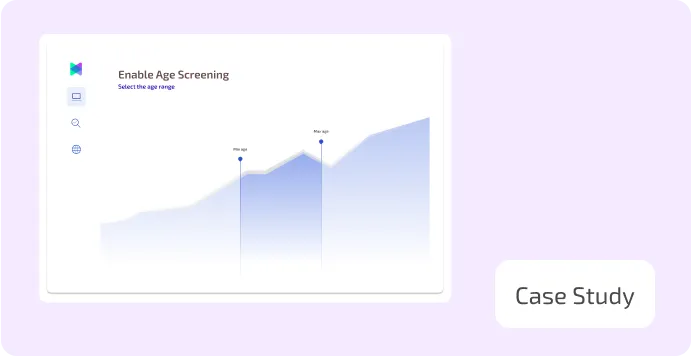
How Aseel reduced onboarding time by more than 87% using FOCAL
Learn how FOCAL empowered Aseel to achieve new milestones.
.svg)
.svg)
Mastering Fraud Prevention: A Comprehensive Guide for KSA and MENA Businesses
51% of organizations fell victim to fraud in the last two years, don't be caught off guard, act proactively.
.svg)
.svg)
Featured blog posts
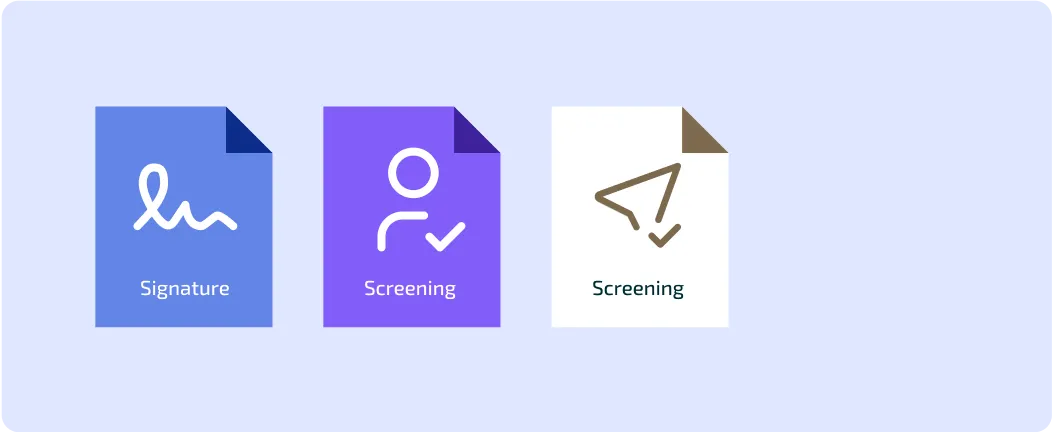

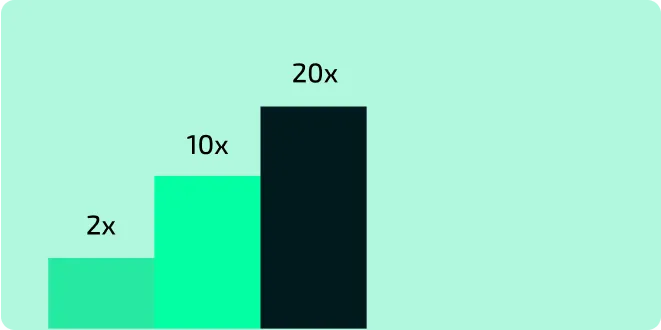
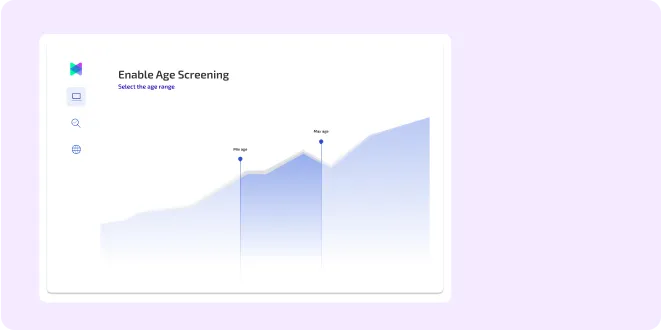
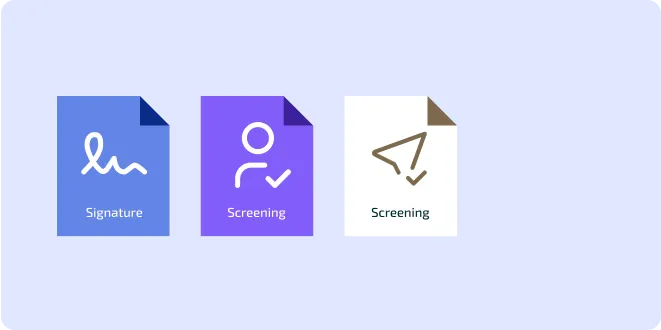
AI-Driven Precision in Fraud Risk and AML Compliance
.svg)
.svg)

.svg)
.png)




.svg)


.webp)


.webp)
.webp)


.svg)








%20(1).webp)
Comments
Leave a Reply
Comment policy: We love comments and appreciate the time that readers spend to share ideas and give feedback. However, all comments are manually moderated and those deemed to be spam or solely promotional will be deleted.